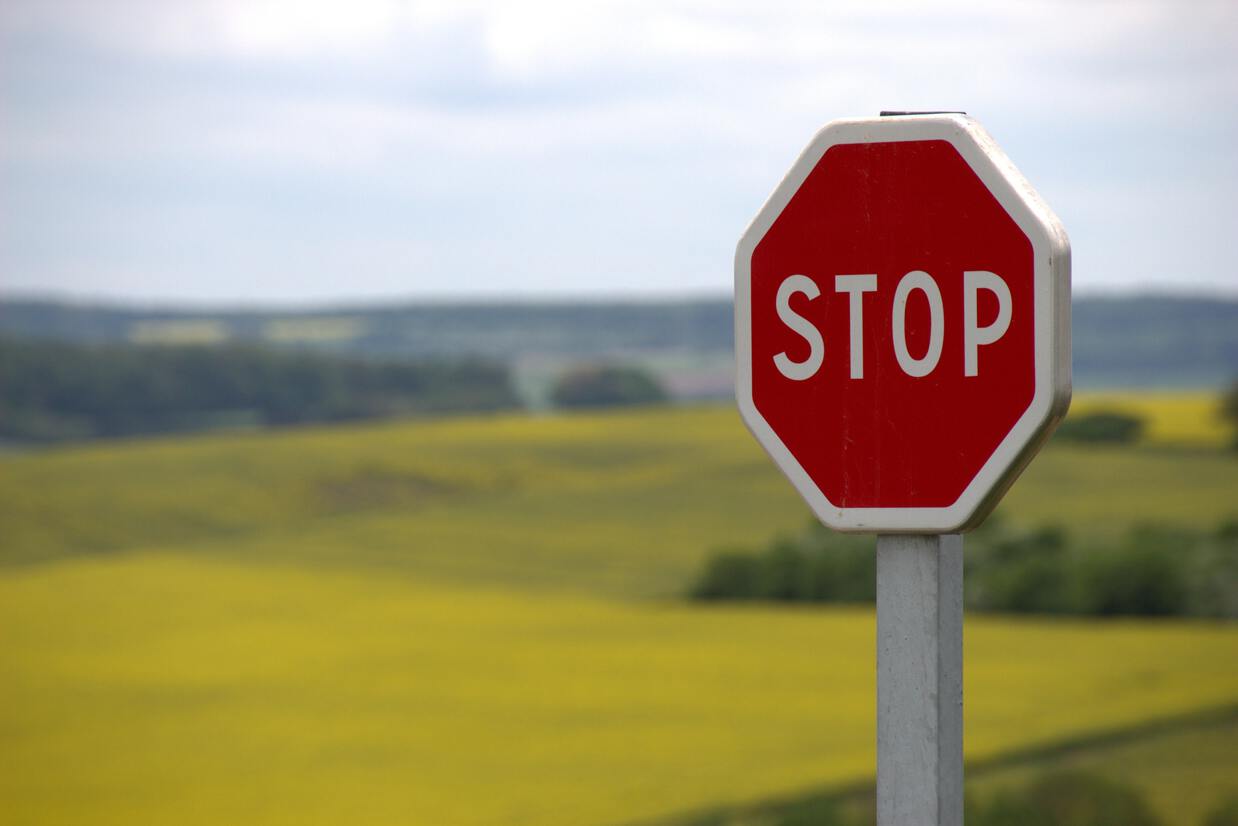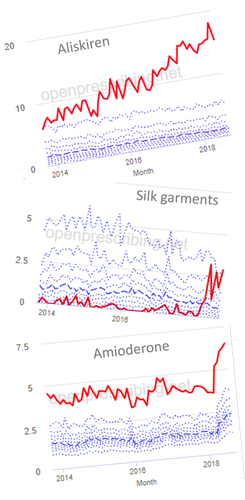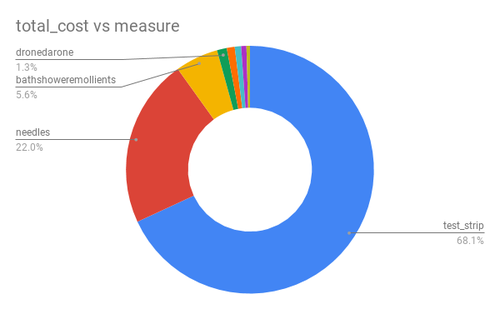New measures for latest "Do Not Prescribe" list under consultation
- Posted:
- Written by:
- Categories:

Earlier this week NHS England announced a new “Do Not Prescribe” list for consultation.
Within an hour we made graphs showing every GP practice’s prescribing of these items. You can drill down to CCG level, and then practice level.
We hope that this data will be useful for clinicians and CCG pharmacists to identify where there is most room for improvement, or change. Or, to drive discussion about agreement on the guidance.
- Aliskiren for resistant hypertension — NICE HT guidance says there is insufficient evidence of benefit, especially long term.
- Amiodarone for severe cardiac rhythm disorders — has the potential to cause severe toxicity and side-effects.
- Bath emollients for childhood eczema — the BATHE study found no evidence of benefit for emollients in bath water.
- Higher-cost blood glucose testing strips for type 2 diabetes and [insulin pen needles] — there’s no evidence they’re better than lower-cost versions.
- Silk garments for severe eczema and allergic skin conditions — the CLOTHES trial showed they’re unlikely to be cost effective for the NHS.
- Minocycline for acne — there are concerns over side effects.
- Dronedarone to prevent recurrence of AF.

The majority of spend in the last 12 months was on the test strips and insulin pens, followed by bath emollients.

However, our charts show a high level of variation between CCGs and practices on many of these items.
You can browse all of the measures and explore data for any CCG and practice here.
You can read more of Ben’s thoughts from his twitter thread, compiled here.


